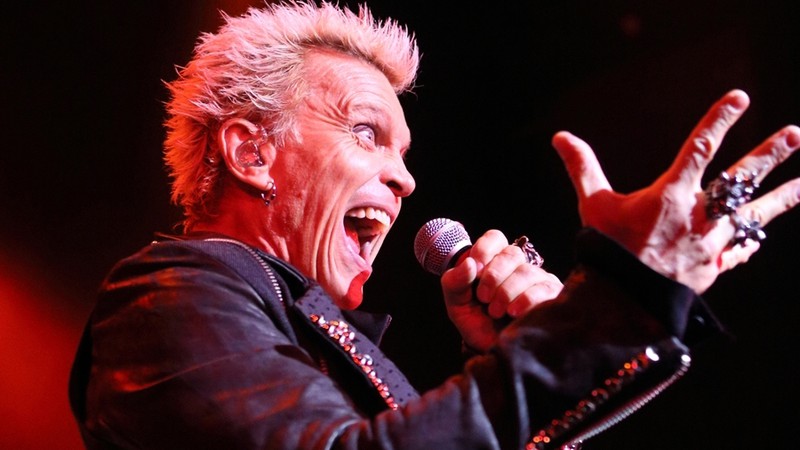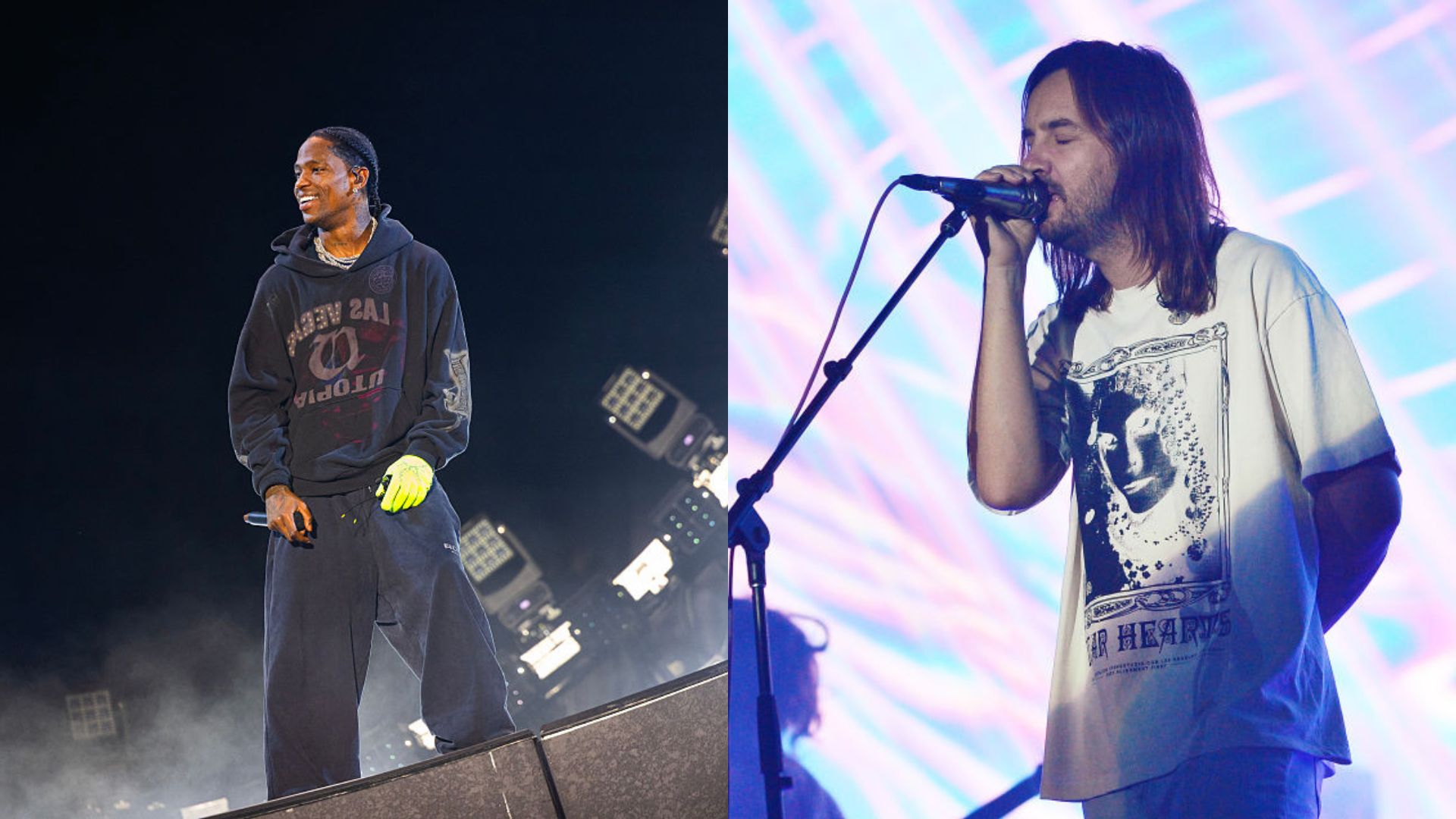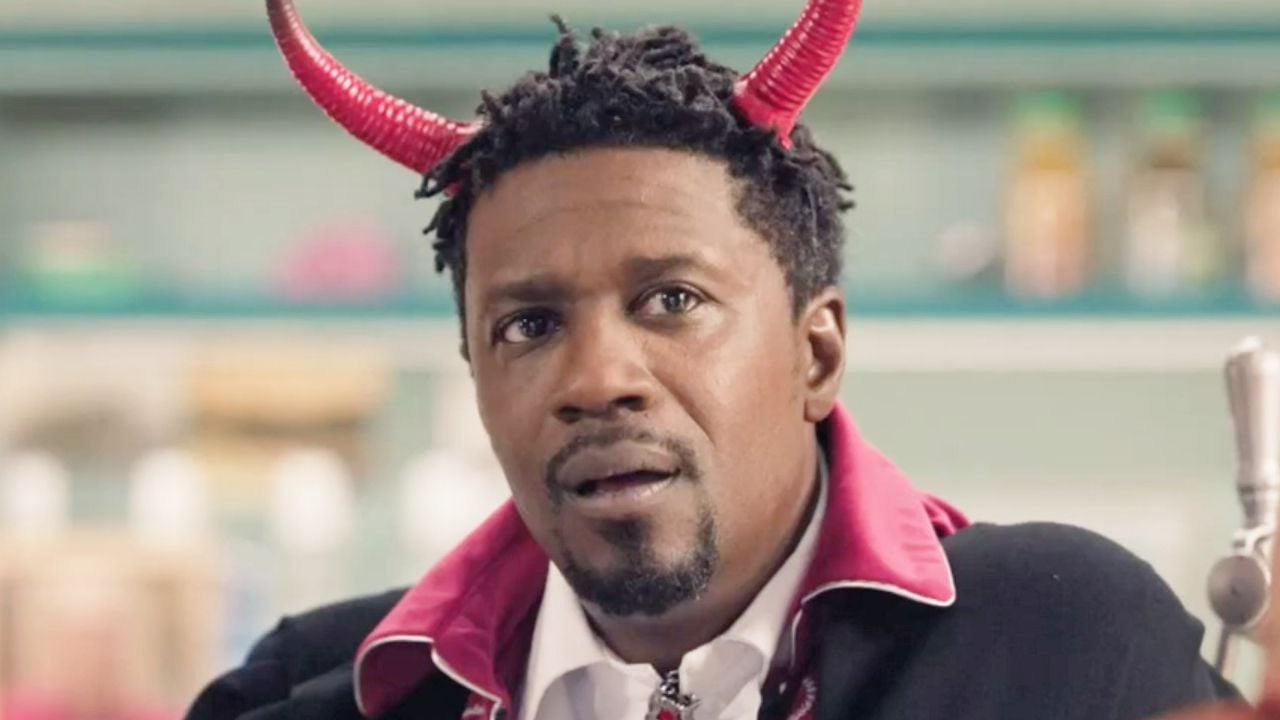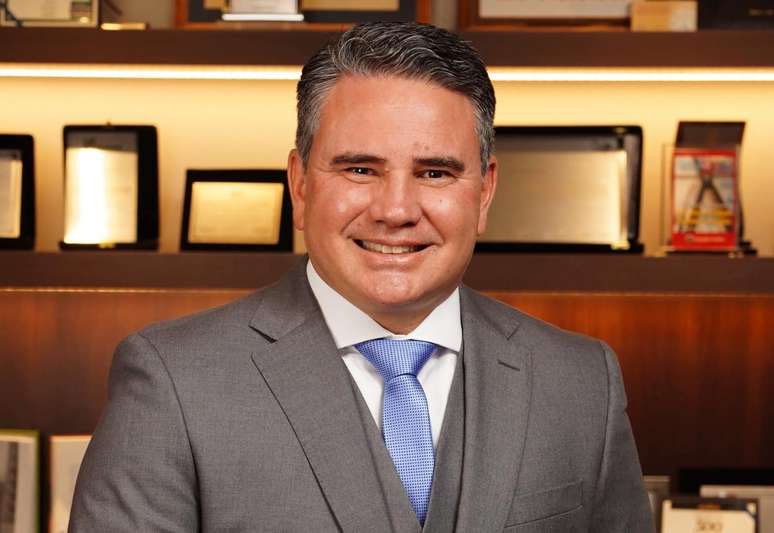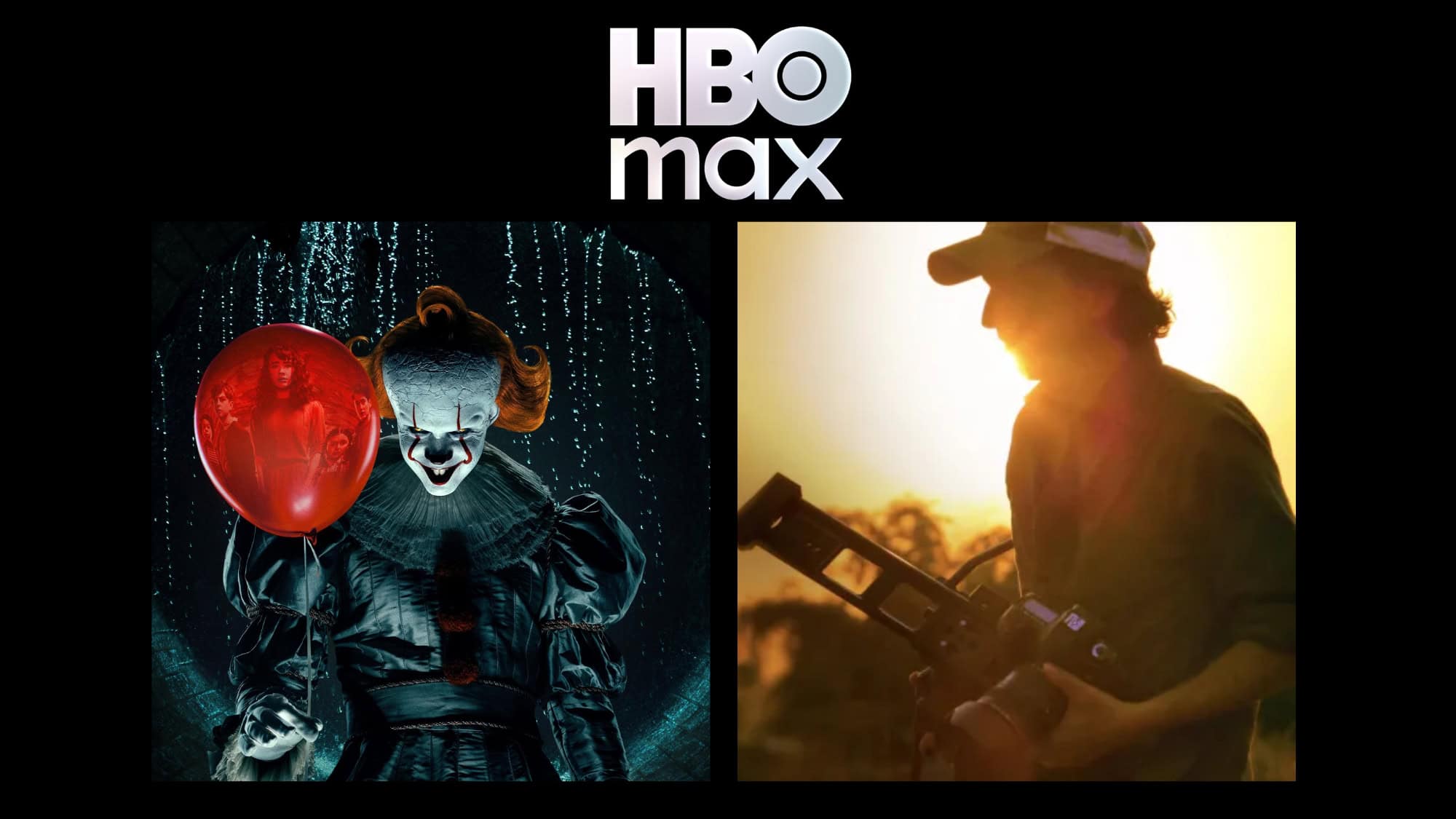In the 1980s, where keyboards dominated mainstream music, guitars allowed the artist to fuse new wave and hard rock
Billy Idol was one of the most popular artists of the so-called “Second British Invasion” of the United States, in the first half of the 1980s. The English-born singer’s sound had the merit of combining a series of influences that ranged from punk to pop, including hard rock, new wave and disco music.
One of the great “secrets” was in Steve Stevens. The talented American guitarist brought, in particular, the hard rock vein that served as the final ingredient for the sound of idolpreviously a singer more inclined to punk.
In an interview with Final Resonance TV (via Killer Guitar Rigs), Stevens showed how his footprint ended up directly influencing the artist’s work. The guitarist revealed that he was inspired by queensomething very unlikely when you think about Billyto reach the timbre of “Rebel Yell”title track from the 1983 album.
At first, he recognizes his relative amateurism, at the time, when it came to working in the studio.
“We had two great engineers on the album Rebel Yell: Mike Frondelli It is Dave Wittman, who was the studio engineer. At that time, I didn’t know how to capture the sound of my guitar in a big enough way.”
Behold, a behind-the-scenes historical figure intervened to help Stevens: Bill Aucoina businessman known for his work with the Kiss, to the point of being credited as one of the “discoverers” of the band. In season, Aucoin managed Idol’s career.
“We were business people Bill Aucoinwho was a businessman from Kiss. Then I called Bill: ‘I can’t get the sound of my guitar! How do I get the sound from my guitar?’ He said, ‘Look, Dave Wittman makes the records Kiss and he’s in Electric Lady [Studios]tell him to come in’.”
The experience of Wittman managed to extract the best from Steve. The guitarist said:
“Dave had already done some things Billy Cobham, Led Zeppelin, Kiss. He knew how to get a good guitar sound. He set up some microphones and I soon see that he found them. So I had an incredible engineer and studio at my disposal, as well as our producer, Keith Forseywhich gave me the opportunity to really experiment.”
Billy Idol, Steve Stevens and Queen
Right away, Steve Stevens told how the aforementioned influence of the queen in the sound of the album Rebel Yell, especially the title track. The guitarist of Billy Idol recalled the context of the time:
“I loved that the albums queen they said: ‘no synthesizers’. And we were there in 1983, so I thought, ‘Everybody’s using keyboards and all that kind of stuff, but I’d really like to fill that space with my guitar.’ I wanted to try and record my guitar the way I Brian May he did. Keith allowed me that. I said, ‘look, if I don’t get this, then you bring the keyboards’.”
It worked so well that Stevens got a huge role — and it was a work with solo credit to idol. The musician also cited two guitarists as inspirations for the introduction of “Rebel Yell”in clean guitar and impressive variations for a pop hit.
“(I was inspired by) John Fahey and Leo Kottke. I started playing guitar when I was around seven and a half. It was a guitar with low quality nylon strings. I only got a guitar when I was 13. It was at this time that this whole folk scene Greenwich Village it was really happening. James Taylor, Joni Mitchellall of it.”
Released on November 10, 1983 by the record label Chrysalis, Rebel Yell is the second solo album by Billy Idol. It sold more than 2 million copies in the United States alone, reaching 6th place on the local chart. It also had 500,000 copies sold in Canada, achieving a quintuple platinum record there. In addition to the title track, the ballad “Eyes Without a Face” became a hit, reaching fourth place on the American chart.
Source: Rollingstone
Earl Johnson is a music writer at Gossipify, known for his in-depth analysis and unique perspective on the industry. A graduate of USC with a degree in Music, he brings years of experience and passion to his writing. He covers the latest releases and trends, always on the lookout for the next big thing in music.

